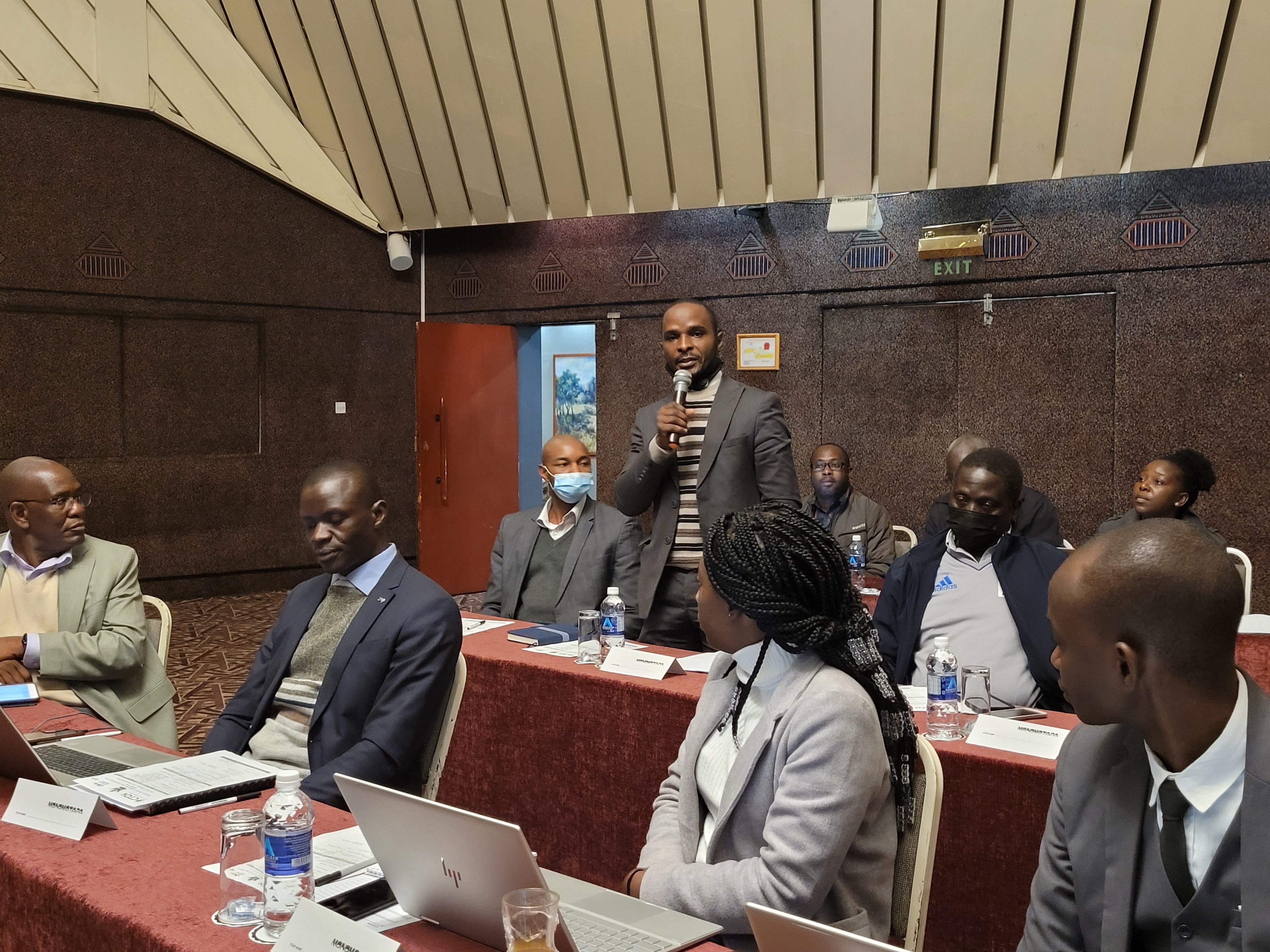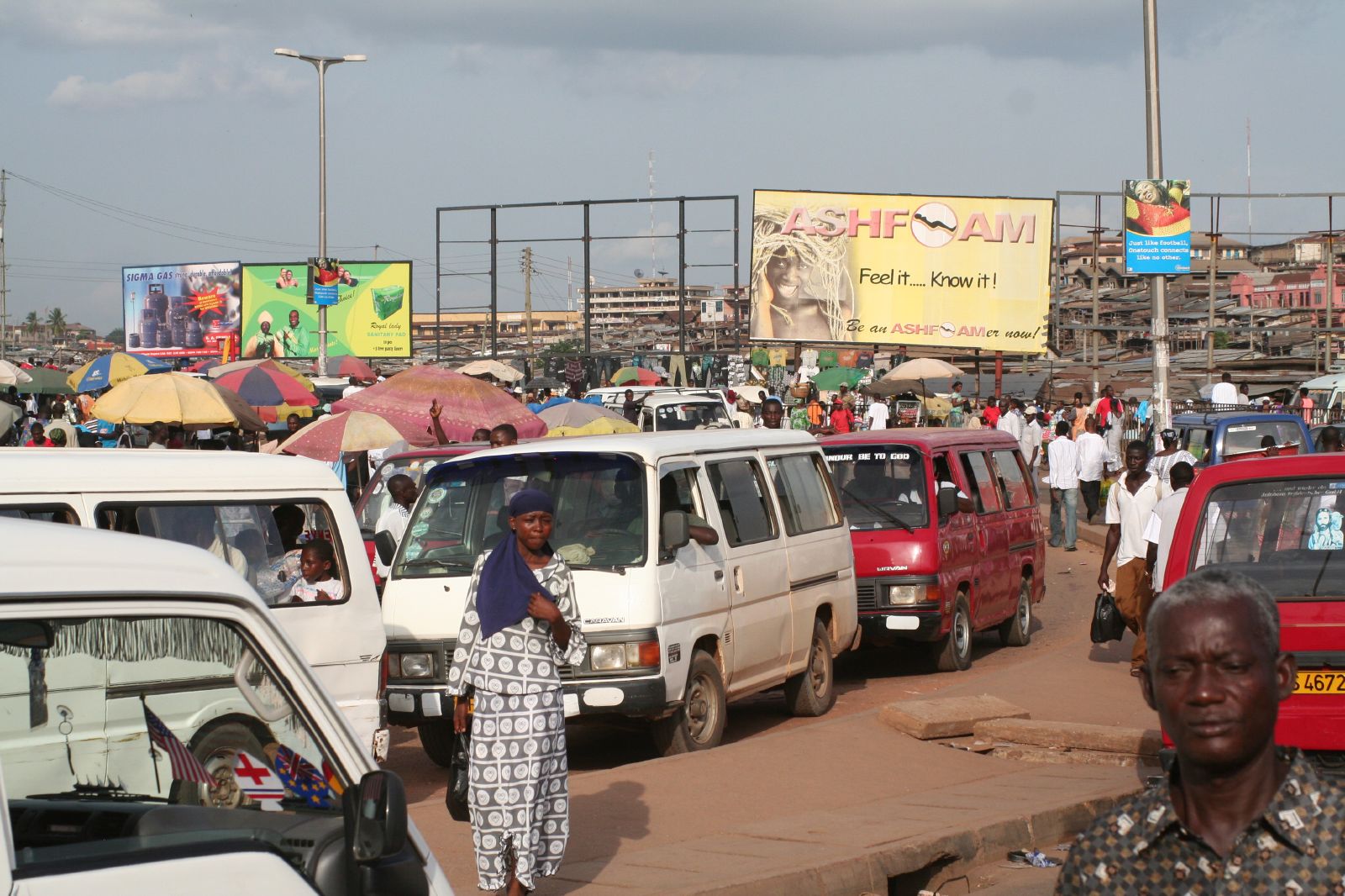Solomon Islands is starting a trial for electric buses in the capital city Honiara, with the aim of increasing the fleet over the next five years. The pilot which will be funded by the Global Environment Facility (GEF) under UNEPs eMobility Program will help assess the applicability and scalability nationwide, as well as the potential to support other e-vehicles.
The electric busses including the bus routes will be helping people get to their destinations without any local pollution and reduced CO2 emissions. The project was identified within the electric bus market feasibility study in Honiara that was undertaken by UNEP Copenhagen Climate Centre in consortium with pManifold for Climate Technology Centre and Network (CTCN).
In addition to electric bus feasibility, the project also developed a National Electric Mobility Policy and Market Readiness Framework for the Solomon Islands and a roadmap for e-mobility implementation.
Part of national climate action planning
The initiative reflects the Pacific Island country’s commitment to reducing greenhouse gas emissions as part of its national climate action plans or Nationally Determined Contribution (NDCs), despite emitting minimal levels of emissions compared to most countries in the world.
To support the proposed pilot project for electric buses, the government has allocated USD 2 million provided under the GEF 8 STAR allocation, which was approved in May, and the Commonwealth Climate Finance Access Hub is providing technical advice to support the proposed initiative.
This support comes as part of the hub’s wider work programme to assist Commonwealth small states and other vulnerable countries in accessing international climate funding.
Finance needed
Dr Michael Ha’apio, who was the local consultant within the CTCN technical assistance and is also the Commonwealth National Climate Finance Advisor has led the development and negotiation of the project concept with government authorities to ensure continuity across different initiatives and ensured funding for this initiative has materialized.
“Being one of the highest fuel dependencies in the Pacific region, the Solomon Islands is committed to increasing the use of low carbon technologies, “Michael Ha’apio said. “However, the country needs the financial resources to first pilot the use of these technologies and then to scale up.”
Michael Ha’apio will be working to accelerate access to the GEF funds and advance the implementation of the Honiara Intra E-Bus Project, in close collaboration with UNEP as the implementing agency for the project.
Frameworks coming to life
In addition to the Solomon Islands, UNEP Copenhagen Climate Centre has done similar work in Ghana and Zimbabwe, where outcomes envisaged in frameworks produced with CTCN assistance are now materializing.
In Ghana, the NDC Action Project is taking another e-bus proposal, where UNEP Copenhagen Climate Centre carried out the pre-feasibility studies, closer towards GCF funding.
And Zimbabwe, just like the Solomon Islands, has become a part of the UNEP GEF 8 project to take their e-mobility work further.

